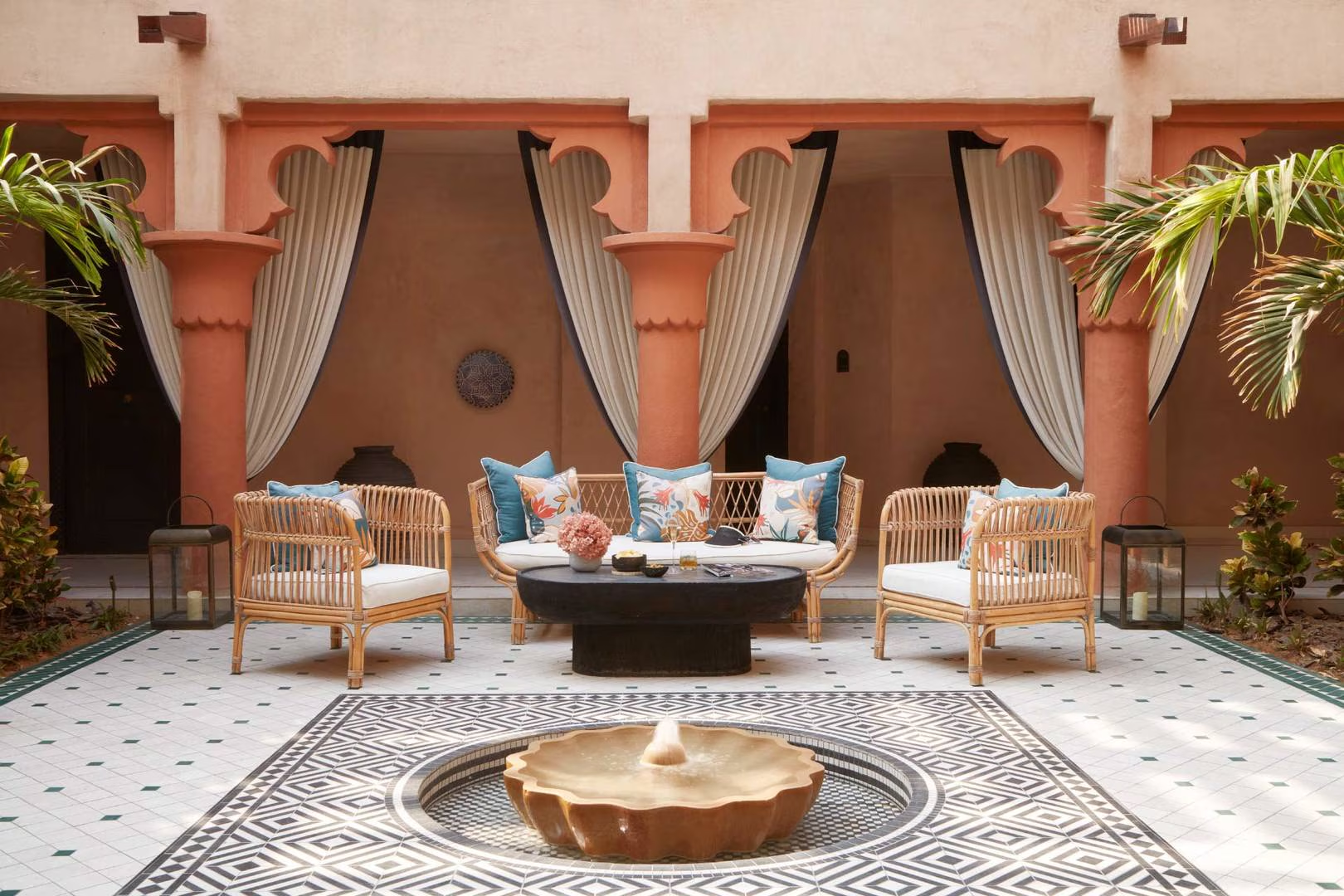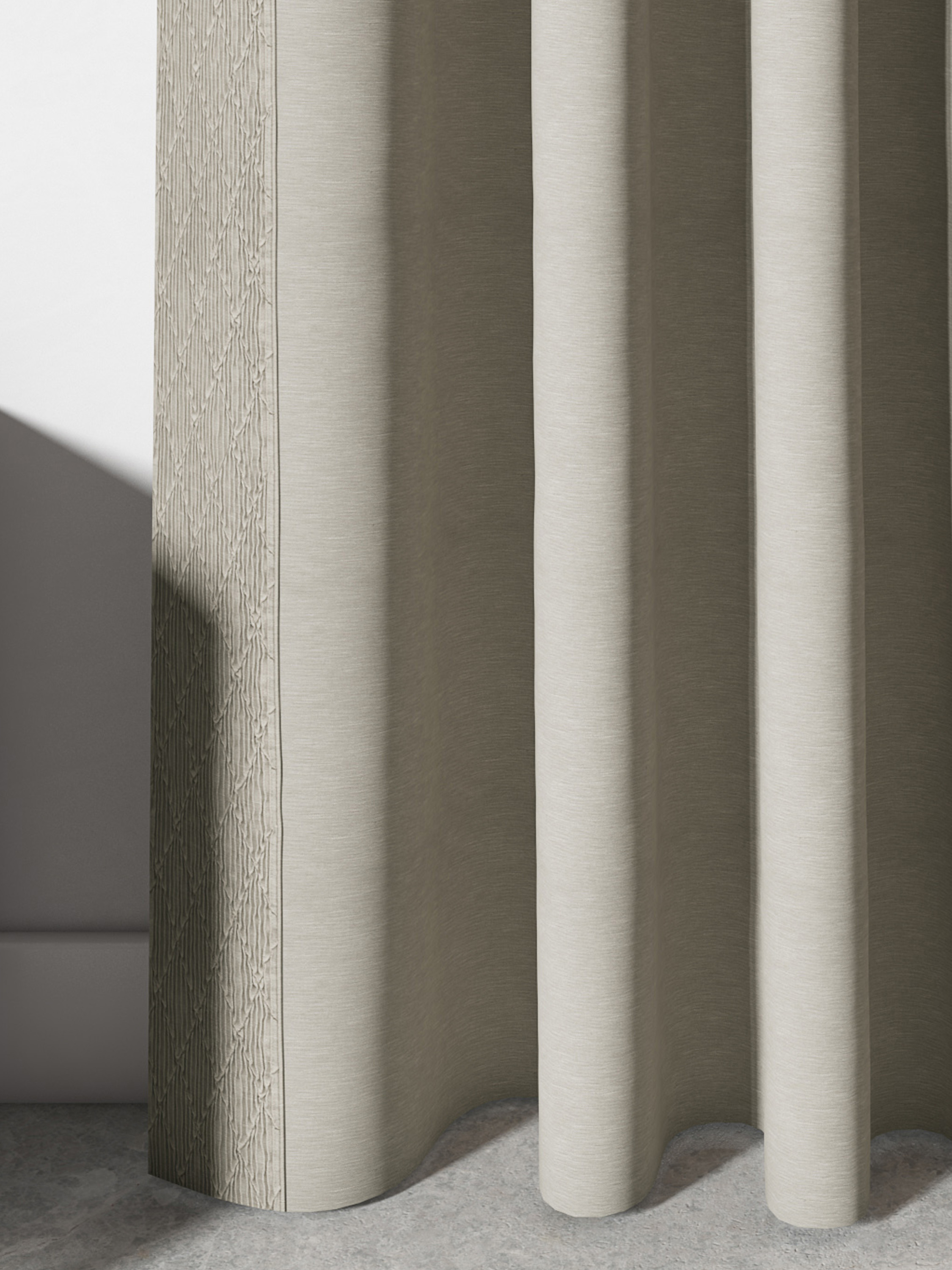SAVE YOUR CART
We noticed you have not Logged In or Signed Up. Leaving tulio.design will result in your history and cart getting lost.


Choose the language you’d like to browse the site in
Choose a country or region. This affects the currency you’re billed in, availability of items, price and delivery options.
 Afghanistan
Afghanistan
USD $
 Albania
Albania
USD $
 Algeria
Algeria
USD $
 Andorra
Andorra
EUR €
 Angola
Angola
USD $
 Argentina
Argentina
USD $
 Armenia
Armenia
USD $
 Australia
Australia
USD $
 Austria
Austria
EUR €
 Azerbaijan
Azerbaijan
USD $
 Bahamas
Bahamas
USD $
 Bahrain
Bahrain
USD $
 Bangladesh
Bangladesh
USD $
 Barbados
Barbados
USD $
 Belarus
Belarus
USD $
 Belgium
Belgium
EUR €
 Belize
Belize
USD $
 Benin
Benin
USD $
 Bhutan
Bhutan
USD $
 Bolivia
Bolivia
USD $
 Bosnia and Herzegovina
Bosnia and Herzegovina
USD $
 Botswana
Botswana
USD $
 Brazil
Brazil
USD $
 Brunei
Brunei
USD $
 Bulgaria
Bulgaria
USD $
 Burkina Faso
Burkina Faso
USD $
 Burundi
Burundi
USD $
 Cabo Verde
Cabo Verde
USD $
 Cambodia
Cambodia
USD $
 Cameroon
Cameroon
USD $
 Canada
Canada
USD $
 Central African Republic
Central African Republic
USD $
 Chad
Chad
USD $
 Chile
Chile
USD $
 China
China
USD $
 Colombia
Colombia
USD $
 Comoros
Comoros
USD $
 Congo (Congo-Brazzaville)
Congo (Congo-Brazzaville)
USD $
 Costa Rica
Costa Rica
USD $
 Croatia
Croatia
USD $
 Cuba
Cuba
USD $
 Cyprus
Cyprus
EUR €
 Czechia (Czech Republic)
Czechia (Czech Republic)
USD $
 Democratic Republic of the Congo
Democratic Republic of the Congo
USD $
 Denmark
Denmark
USD $
 Djibouti
Djibouti
USD $
 Dominica
Dominica
USD $
 Dominican Republic
Dominican Republic
USD $
 Ecuador
Ecuador
USD $
 Egypt
Egypt
USD $
 El Salvador
El Salvador
USD $
 Equatorial Guinea
Equatorial Guinea
USD $
 Eritrea
Eritrea
USD $
 Estonia
Estonia
EUR €
 Eswatini
Eswatini
USD $
 Ethiopia
Ethiopia
USD $
 Fiji
Fiji
USD $
 Finland
Finland
EUR €
 France
France
EUR €
 Gabon
Gabon
USD $
 Gambia
Gambia
USD $
 Georgia
Georgia
USD $
 Germany
Germany
EUR €
 Ghana
Ghana
USD $
 Greece
Greece
EUR €
 Grenada
Grenada
USD $
 Guatemala
Guatemala
USD $
 Guinea
Guinea
USD $
 Guinea-Bissau
Guinea-Bissau
USD $
 Guyana
Guyana
USD $
 Haiti
Haiti
USD $
 Honduras
Honduras
USD $
 Hungary
Hungary
USD $
 Iceland
Iceland
USD $
 India
India
INR ₹
 Indonesia
Indonesia
USD $
 Iran
Iran
USD $
 Iraq
Iraq
USD $
 Ireland
Ireland
EUR €
 Israel
Israel
USD $
 Italy
Italy
EUR €
 Jamaica
Jamaica
USD $
 Japan
Japan
JPY ¥
 Jordan
Jordan
USD $
 Kazakhstan
Kazakhstan
USD $
 Kenya
Kenya
USD $
 Kiribati
Kiribati
USD $
 Kuwait
Kuwait
USD $
 Kyrgyzstan
Kyrgyzstan
USD $
 Laos
Laos
USD $
 Latvia
Latvia
EUR €
 Lebanon
Lebanon
USD $
 Lesotho
Lesotho
USD $
 Liberia
Liberia
USD $
 Libya
Libya
USD $
 Liechtenstein
Liechtenstein
USD $
 Lithuania
Lithuania
EUR €
 Luxembourg
Luxembourg
EUR €
 Madagascar
Madagascar
USD $
 Malawi
Malawi
USD $
 Malaysia
Malaysia
USD $
 Maldives
Maldives
USD $
 Mali
Mali
USD $
 Malta
Malta
EUR €
 Marshall Islands
Marshall Islands
USD $
 Mauritania
Mauritania
USD $
 Mauritius
Mauritius
USD $
 Mexico
Mexico
USD $
 Micronesia
Micronesia
USD $
 Moldova
Moldova
USD $
 Monaco
Monaco
EUR €
 Mongolia
Mongolia
USD $
 Montenegro
Montenegro
EUR €
 Morocco
Morocco
USD $
 Mozambique
Mozambique
USD $
 Myanmar (Burma)
Myanmar (Burma)
USD $
 Namibia
Namibia
USD $
 Nauru
Nauru
USD $
 Nepal
Nepal
USD $
 Netherlands
Netherlands
EUR €
 New Zealand
New Zealand
USD $
 Nicaragua
Nicaragua
USD $
 Niger
Niger
USD $
 Nigeria
Nigeria
USD $
 North Korea
North Korea
USD $
 North Macedonia
North Macedonia
USD $
 Norway
Norway
USD $
 Oman
Oman
USD $
 Pakistan
Pakistan
USD $
 Palau
Palau
USD $
 Palestine
Palestine
USD $
 Panama
Panama
USD $
 Papua New Guinea
Papua New Guinea
USD $
 Paraguay
Paraguay
USD $
 Peru
Peru
USD $
 Philippines
Philippines
USD $
 Poland
Poland
USD $
 Portugal
Portugal
EUR €
 Qatar
Qatar
USD $
 Romania
Romania
USD $
 Russia
Russia
USD $
 Rwanda
Rwanda
USD $
 Saint Kitts and Nevis
Saint Kitts and Nevis
USD $
 Saint Lucia
Saint Lucia
USD $
 Saint Vincent and the Grenadines
Saint Vincent and the Grenadines
USD $
 Samoa
Samoa
USD $
 San Marino
San Marino
EUR €
 Sao Tome and Principe
Sao Tome and Principe
USD $
 Saudi Arabia
Saudi Arabia
SAR ر.س
 Senegal
Senegal
USD $
 Serbia
Serbia
USD $
 Seychelles
Seychelles
USD $
 Sierra Leone
Sierra Leone
USD $
 Singapore
Singapore
USD $
 Slovakia
Slovakia
EUR €
 Slovenia
Slovenia
EUR €
 Solomon Islands
Solomon Islands
USD $
 Somalia
Somalia
USD $
 South Africa
South Africa
USD $
 South Korea
South Korea
USD $
 South Sudan
South Sudan
USD $
 Spain
Spain
EUR €
 Sri Lanka
Sri Lanka
USD $
 Sudan
Sudan
USD $
 Suriname
Suriname
USD $
 Sweden
Sweden
USD $
 Switzerland
Switzerland
USD $
 Syria
Syria
USD $
 Taiwan
Taiwan
USD $
 Tajikistan
Tajikistan
USD $
 Tanzania
Tanzania
USD $
 Thailand
Thailand
USD $
 Timor-Leste
Timor-Leste
USD $
 Togo
Togo
USD $
 Tonga
Tonga
USD $
 Trinidad and Tobago
Trinidad and Tobago
USD $
 Tunisia
Tunisia
USD $
 Turkey
Turkey
USD $
 Turkmenistan
Turkmenistan
USD $
 Tuvalu
Tuvalu
USD $
 Uganda
Uganda
USD $
 Ukraine
Ukraine
USD $
 United Arab Emirates
United Arab Emirates
AED د.إ
 United Kingdom
United Kingdom
GBP £
 United States
United States
USD $
 Uruguay
Uruguay
USD $
 Uzbekistan
Uzbekistan
USD $
 Vanuatu
Vanuatu
USD $
 Vatican City
Vatican City
EUR €
 Venezuela
Venezuela
USD $
 Vietnam
Vietnam
USD $
 Yemen
Yemen
USD $
 Zambia
Zambia
USD $
 Zimbabwe
Zimbabwe
USD $
Please Login First
COOKIES & PRIVACY
This website uses cookies to ensure you get the best experience on our website. Please read our Cookie Policy and Privacy Policy.
Tulio uses cookies, including third-party cookies, for functional reasons, for statistical analysis, to personalise your experience, offer you content that targets your particular interests and analyse the performance of our advertising campaigns.
These cookies are necessary for the web boutique to function and cannot be turned off. They are set to help improve your experience and offer you key functions on the website. These cookies do not store any personally identifiable information or track your browsing habits.
These cookies are used to enhance the functionality and personalisation of the web boutique as they collect information on your interests as your browse the website. They help us assist you as best possible and to recommend the products that best meet your expectations and preferences.
We noticed you have not Logged In or Signed Up. Leaving tulio.design will result in your history and cart getting lost.

Window treatments play a significant role in promoting wellness for guests in hotel rooms and public spaces. In the context of hotel interior design, the ability to control natural light, privacy, and views in a space has been shown to provide psychological benefits that support overall wellbeing.
Exposure to natural light improves mood, focus, and energy levels. Allowing guests to regulate daylight coming into their rooms empowers them to create an environment tailored to their circadian rhythm. Automated shades that gradually lighten rooms in the morning can provide a pleasant wake-up experience.
Likewise, the ability to darken a room completely with blackout curtains enables better sleep quality at any time of day. Blocking excess light prevents hormone disruption that can throw off the body's biological clock. Restful sleep is critical for both physical and mental health.
Views of nature scenes like gardens, mountains, or water can be incredibly calming and stress-relieving. Strategically placed windows and adjustable curtains in hotel rooms and lobbies allow glimpses of beautiful outdoor vistas. Research shows exposure to natural views lowers anxiety, heart rate, and blood pressure.
Finally, window treatments provide privacy and separation from public spaces. The ability to retreat into a quiet, private environment is restorative. Guests need moments of solitude for relaxation, focus, or confidential conversations and meetings. Window coverings are an important design factor supporting these needs.
A serene and tranquil environment is key for wellness tourism. When considering hotel interior design with wellness in mind, everything from color schemes and materials to lighting should promote relaxation.
Cool, calming colors like light blues, greens, and lavenders are ideal palette choices. Avoid bright, energizing reds and oranges that can feel jarring. Natural, organic textures and fabrics like linen, cotton, wool, and silk can aid serenity through their softness. Incorporate tactile accents like woven throws, velvet pillows, fur rugs, or linen curtains.
For lighting, rely primarily on natural light during the day. Sheer curtains filter sunlight, while blackout options allow complete darkness for sleeping. Incorporate warm white bulbs, and avoid harsh fluorescent overhead lighting. Wall sconces, lamps, and accent lighting create a relaxed glow in the evening.
By carefully selecting every sensory element of the space, hotels can design rooms that feel like an oasis of tranquility for their wellness-focused clientele.
A restful night's sleep is an important part of overall wellness while traveling. Hotel guests expect and appreciate a dark, quiet room for sleeping. Blackout curtains play a critical role in creating an ideal sleep environment.
Blackout curtains are designed to block all external light from entering a room, even in brightly lit urban areas. The heavy fabric layers and lined backs prevent light infiltration. Blackout curtains with side tracks ensure gaps are minimized. These curtains allow guests to enjoy a dark serene room, supporting the natural sleep cycle.
Blackout curtains also help reduce noise by adding an extra barrier and absorbing some sound waves. The heavy weighted fabrics provide acoustic insulation. This is especially important for rooms facing busy roads or loud public areas. Blackout curtains help mute and buffer external noise allowing for deeper uninterrupted sleep.
By promoting quality sleep, blackout curtains directly impact guest health, wellbeing and satisfaction. They demonstrate a hotel's commitment to comfort and understanding of guest needs. Investing in high-quality blackout curtains and proper installation makes perfect sense for any wellness oriented property.
With sustainability becoming increasingly important, wellness hotels are prioritizing energy efficient window treatments that also enhance guests' experience. Solar shades and thermal curtains stand out as two options to meet these goals.
Solar shades are shades that utilize photovoltaic material to generate energy from sunlight. The shades absorb the sun's radiation during the day and generate electricity to power lights and other devices in the room. These curtains are an eco-friendly choice that reduce energy consumption while still providing views, natural light, and privacy. Solar shades come in various colors and can easily be automated for convenience.
Thermal curtains are another excellent choice for energy savings and guest comfort. These heavy, insulated curtains feature technologically advanced materials and construction designed to improve insulation. Thermal curtains create an air pocket that reduces heat transfer through windows. This saves energy by decreasing the load on heating and cooling systems. The improved insulation also helps keep rooms at comfortable temperatures. Thermal curtains are available in various colors, materials and opacities to meet both aesthetic and functional needs.
Solar shades and thermal curtains enable hotels to become greener and more energy efficient. They demonstrate the hotels' commitment to sustainability, which is increasingly valued by today's eco-conscious travelers. The energy savings lead to lower utility bills, while the improved guest experience supports higher occupancy rates. Their environmental and economic benefits make solar shades and thermal curtains smart investments for wellness hotels.
Human life has always been focused around nature and the outdoors. However, many recent indoor spaces, including many hotel rooms, have become devoid of nature. The growing field of biophilic design aims to reconnect built environments with nature. Using elements inspired by nature in the design of window treatments is an easy way to bring biophilic design into hotel guest rooms and lobbies.
When selecting fabrics for curtains, opt for natural materials that bring an organic texture into the space. Linen, cotton, bamboo, and wool fabrics showcase the beauty and comfort of natural fibers while promoting sustainability. Curtains featuring leaf, floral, or botanical prints bring the vibrancy of plants and forests inside. Layering different fabrics and textures provides visual depth and interest. For example, pairing bamboo roman shades with linen curtains creates an inviting, nature-inspired look.
Another way to implement biophilic design is to choose curtain rods and other hardware made from natural materials like wood, rather than metal or plastic. Wood rods complement the fabrics and connect back to the serenity of nature. Mixing woven and solid textiles for curtains, decorative trims, and accents lets you play with light and shadow in a similar way to sunlight filtering through trees. Overall, window treatments designed with biophilic principles contribute to a calming, restorative atmosphere ideal for guest wellbeing and relaxation.
Within wellness hotels, dedicated spaces for yoga, meditation, and mindfulness practices are becoming increasingly common. The design of these spaces plays a key role in creating an atmosphere conducive to relaxation, focus, and inner reflection. Window treatments are an important element to consider when designing yoga and meditation areas.
Curtains and blinds allow hotel staff to modify the level of natural light streaming into the space. Softer, filtered light is ideal for yoga at certain times of day, while near total darkness can enhance meditation practices. Curtains also provide privacy and can block external distractions during yoga and meditation sessions.
divisibility of spaces. Curtains on ceiling tracks can allow sliding partitions that enable smaller group sessions, while opening up the entire space when needed. Well-positioned curtains and blinds also help delineate separate zones within larger studios, providing visual divisions between individual practice areas, while maintaining an open feeling.
The materials, patterns and colors used for window treatments in yoga and meditation spaces should promote peace and tranquility. Light-blocking linen or cotton curtains in natural, earthy hues complement these intentions. Simply styled curtains and an overall sense of minimalism allows mental focus to turn inward. With thoughtful window treatment design, hotels can create beautiful sanctuaries for yoga and meditation that enhance their guests' wellbeing experiences.
When designing wellness-focused hotel rooms, it's important to choose natural and hypoallergenic materials for window treatments. Many synthetic materials can emit volatile organic compounds (VOCs) and chemicals that can negatively impact air quality. Using natural materials helps create a healthier indoor environment.
When sourcing natural materials, aim for fabrics and woods produced sustainably and responsibly. Choosing organic and fair trade options when possible is ideal for wellness tourism. Ultimately, natural materials with non-toxic production methods create a healthy habitat for hotel guests. The tranquility and purity of these materials enhances the overall wellness experience.
Motorized shades and other automated window treatments are becoming increasingly popular in hotel rooms, allowing guests to control lighting and privacy with the push of a button. These automated systems provide a number of benefits:
By implementing automated window treatments, hotels can provide guests with optimal comfort, convenience, and control over their environment. The latest smart home technology applied to curtains, blinds, and shades takes the hotel experience to the next level.
Hotel lobbies and lounge areas require thoughtful window treatment design to create an inviting atmosphere for guests. Large windows and an abundance of natural light can help cultivate a soothing, tranquil environment. Sheer curtains in light colors help diffuse bright sunlight while still allowing plentiful natural light to fill the space. For privacy and sun protection, layered drapes in luxurious fabrics like velvet or silk can be drawn closed while still permitting some filtered daylight.
Automated shade systems are useful in these shared spaces to adjust lighting based on the time of day and usage. Blackout shades can darken a lounge area for evening events or media viewing. Remote control systems allow staff to easily modify the sunlight levels. Window screens also promote indoor air quality in these gathering spaces.
The scale of the window treatments should align with the proportions of the lobby and lounge spaces. Oversized drapes cascading from the ceiling to the floor make a dramatic statement. Outlining tall windows with long, flowing curtains expands the vertical dimensions of the room. Warm metallic accents and ornate tiebacks add touches of luxury. The window designs should complement the interior decorating scheme with coordinated colors and patterns. Distinctive window treatments help brand shared areas with the hotel's unique aesthetic style.
Window treatments play a significant role in promoting wellness for guests in hotel rooms and public spaces. In the context of hotel interior design, the ability to control natural light, privacy, and views in a space has been shown to provide psychological benefits that support overall wellbeing.
When selecting window treatments, it's important to consider how they complement other decor such as furniture, artwork, lighting, and flooring. The patterns, colors, textures, and materials should work together to create a unified look and feel. This consistency in design contributes to the overall ambiance and guest experience.
For example, in a nature-inspired wellness hotel, natural textiles like linen or bamboo shades would align well with other natural materials used in the space. In a modern, minimalist hotel, sleek metallic blinds or blackout shades would better match that style.
Beyond just visual appeal, consistent window treatments also support practical wellness goals. Having blackout shades in every guest room ensures all visitors can experience optimal darkness for sleep. Automated shades in common areas allow lighting to be easily controlled.
By extending holistic wellness principles to this design detail, hotels can elevate the guest experience and environment as a whole. Cohesive, thoughtful window treatments are an integral part of healthy, hospitality-focused spaces

